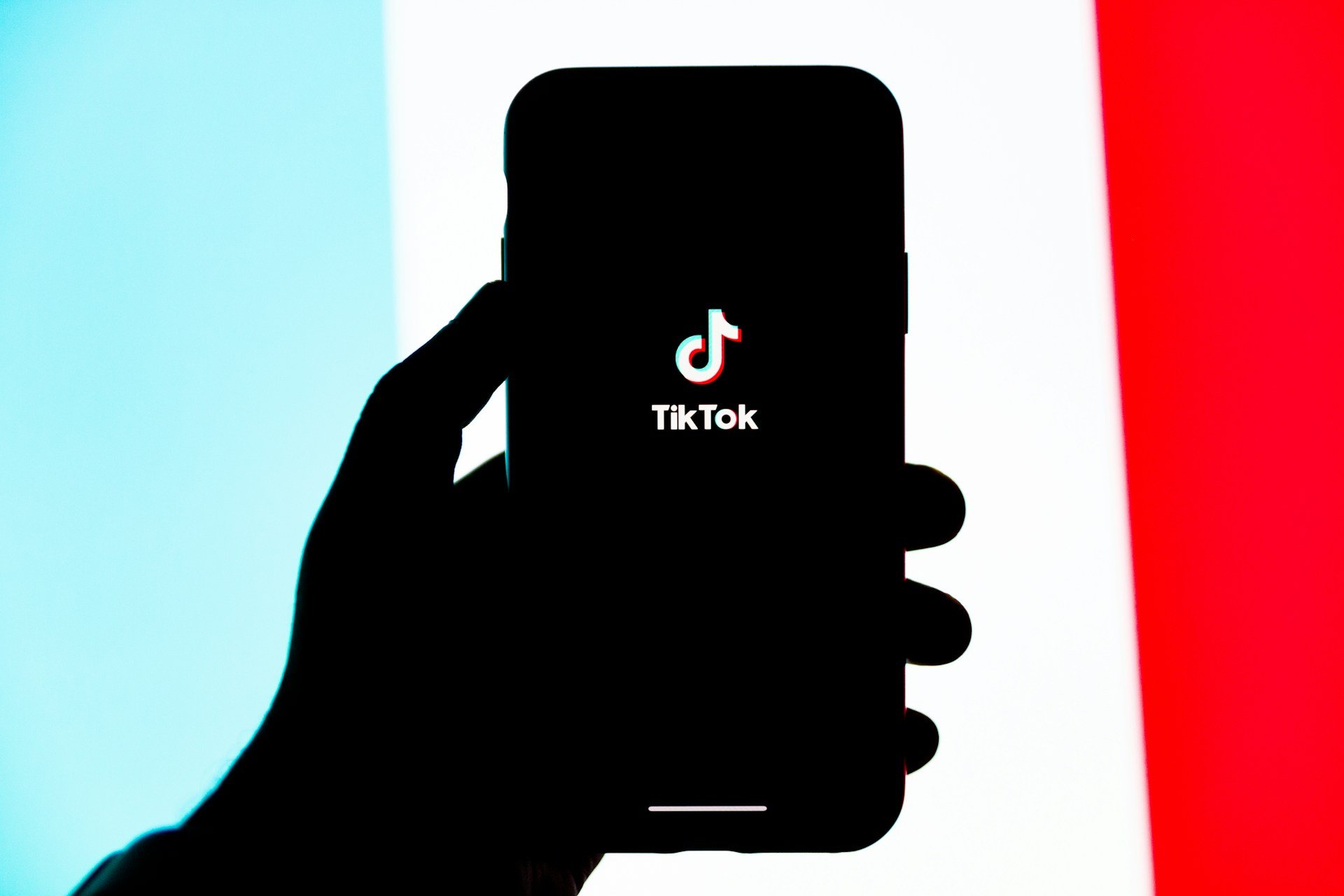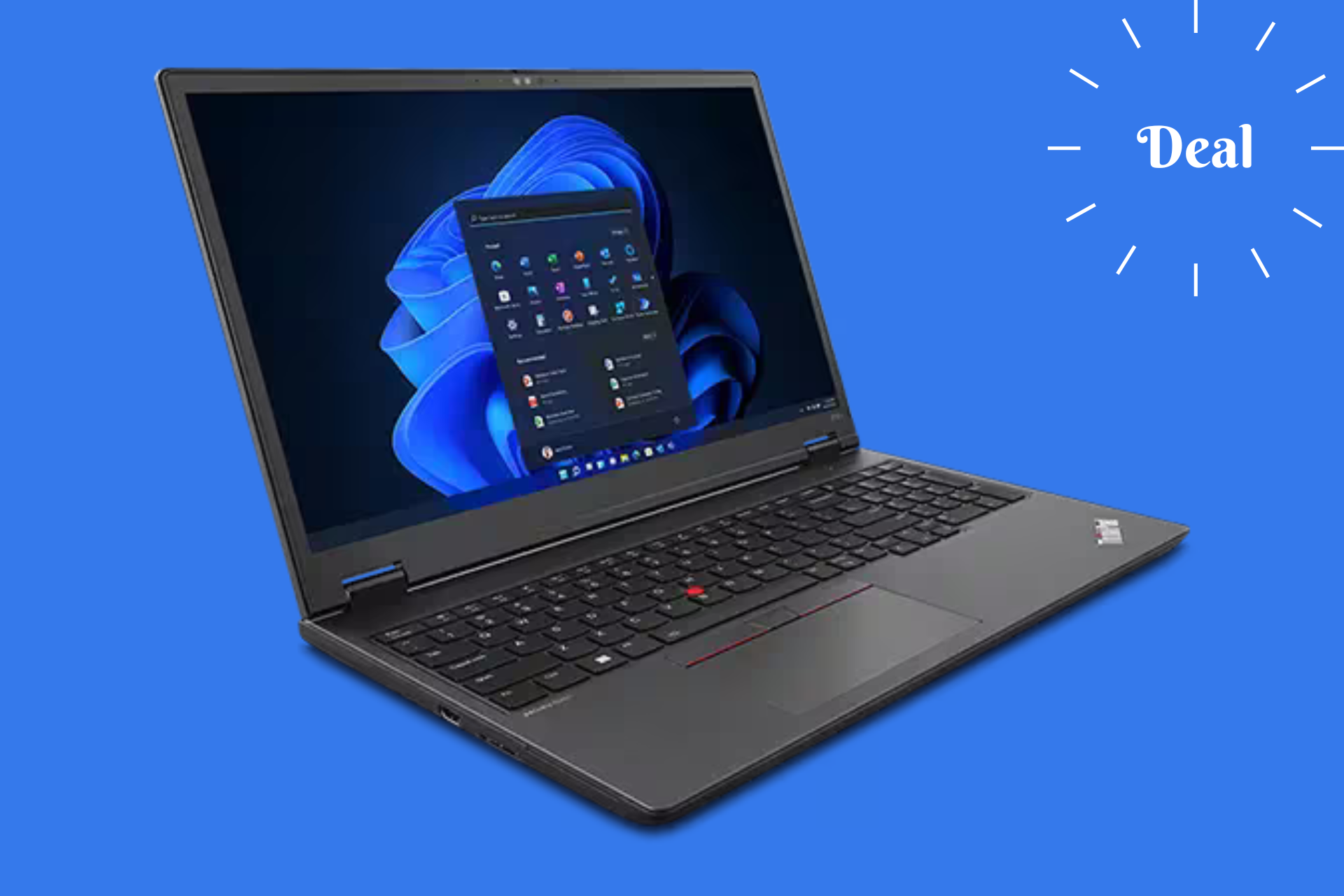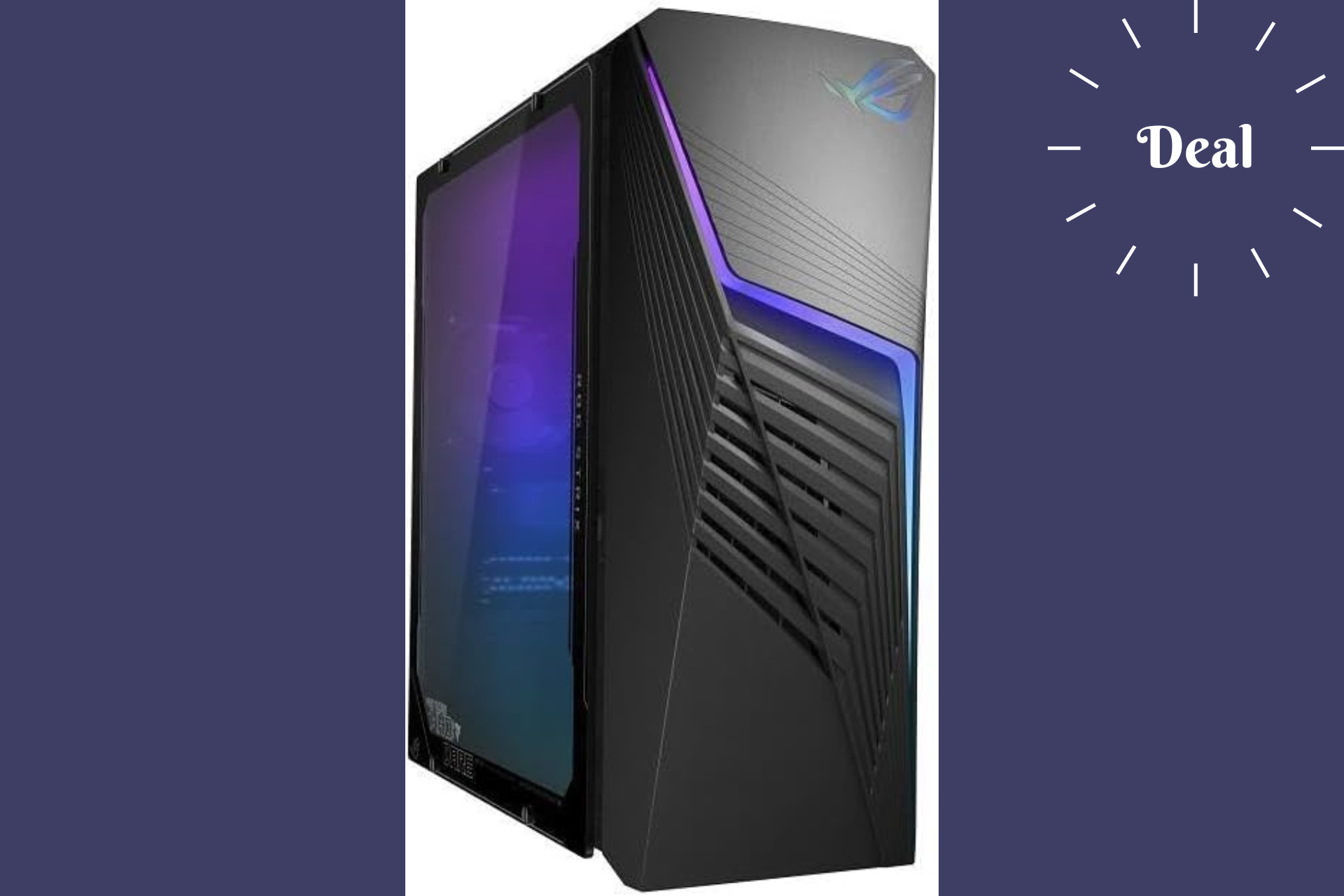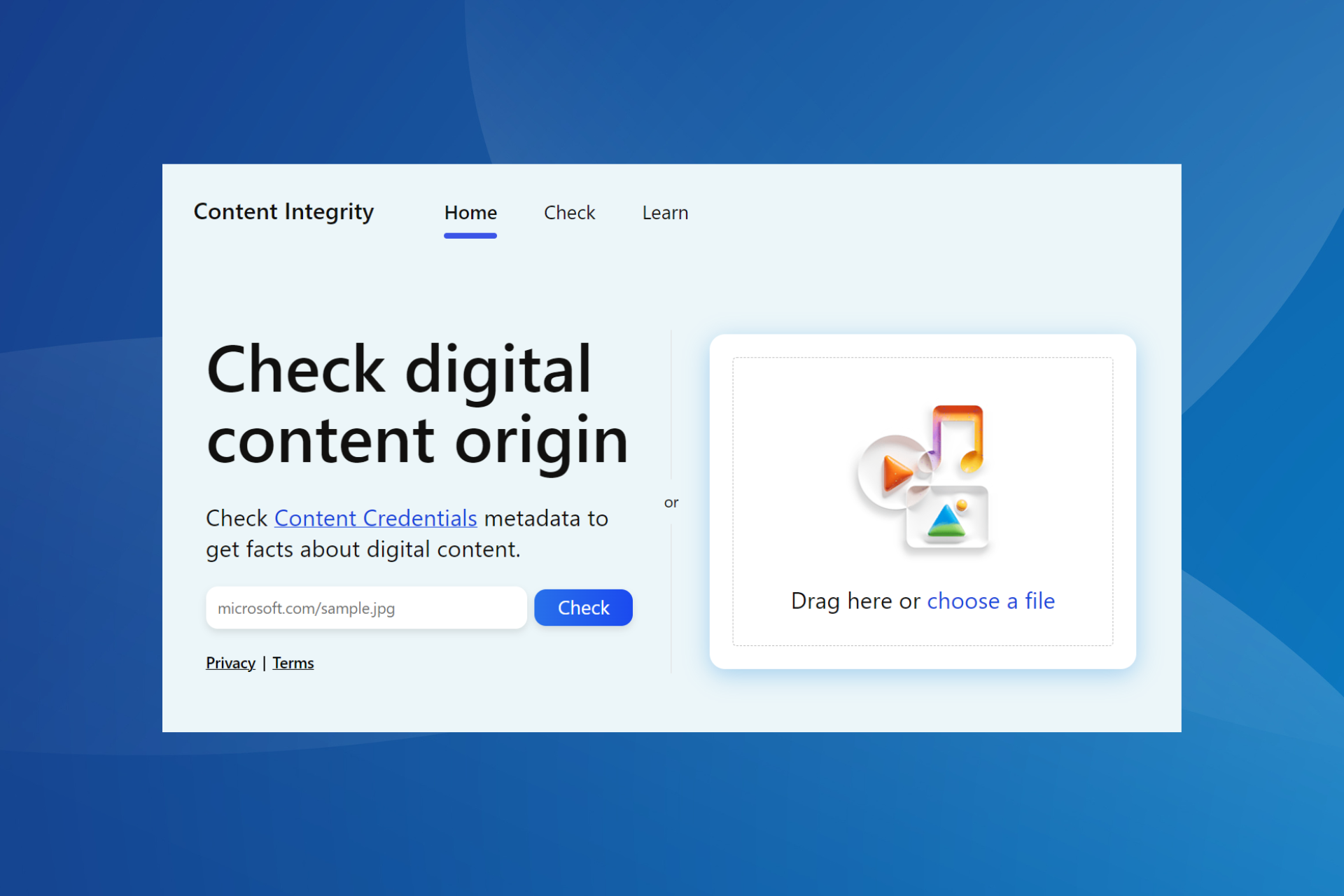Despite evidence to the contrary, Microsoft still clinging to Windows Phone
3 min. read
Published on
Read our disclosure page to find out how can you help Windows Report sustain the editorial team Read more
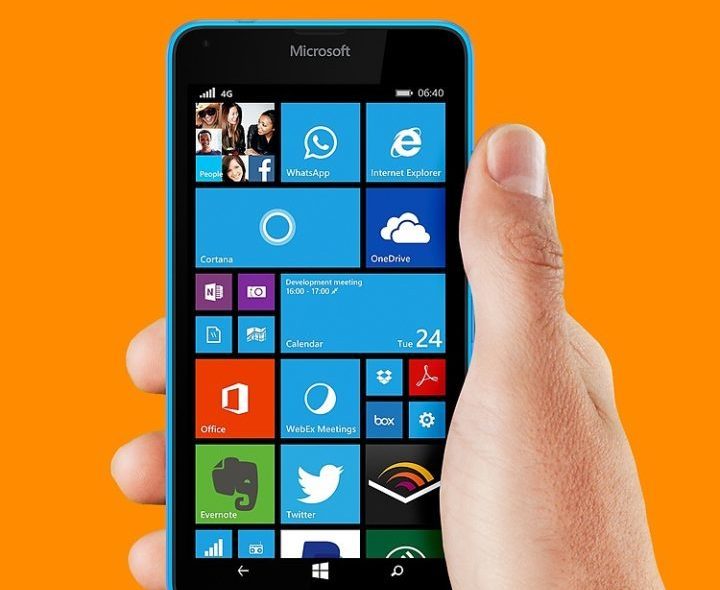
Taking into account the events surrounding Microsoft’s phone business from last week, one could easily conclude that Windows phones are dead and in the process of being buried. The tech giant sold the Nokia brand and cut more than 1,800 jobs from Windows phone factories, causing investors to fuss and forcing Microsoft to confirm its commitment to Windows phone in a rather awkward moment.
In an internal memo, the company assured investors their investments were not at risk. The company also confirmed it would support Windows 10 phone OEMs in developing new devices and do the same themselves. Developing better security and productivity features is another area Microsoft will be heavily focusing on.
I want to assure you that your investment in Windows phones is not at risk. The mobility of the Windows 10 experience remains core to our More Personal Computing ambition. We will continue to support and update the Lumia devices that are currently in the market, and the development of Windows 10 phones by OEMs, such as HP, Acer, Alcatel, VAIO, and Trinity; as well as develop great new devices. We’ll continue to adapt Windows 10 for small screens. We’ll continue to invest in key areas – security, management, and Continuum capabilities – that we know are important to commercial accounts and to consumers who want greater productivity. And we’ll help drive demand for Lumia devices.
Speaking of OEMs, HP is expected to launch its Elite X3 Windows 10 phone in June, designed with Continuum in mind. The Acer Liquid M330 is an interesting, low-cost Windows 10 phone with a good-looking design while Vaio offers high-end business phones for exclusive markets. Somehow, it awkwardly seems that OEMs are focusing more on Windows 10 phones than Microsoft itself.
The next Windows 10 phone Microsoft to roll out will be the Surface Phone, the company’s last hope to finally wash away Windows phone shame. Maybe this is what Microsoft has in mind when it says it would “drive demand for Lumia devices.” Maybe it was a simple reflex that made Microsoft write “Lumia” instead of “Surface phone” in the memo. So far, its security, productivity, and Continuum apps alone haven’t been very successful at driving demand for the latest Windows phones.
The decision to make the Windows phone baggage lighter was probably the wisest choice Microsoft could have made. After two years of continuous failure, the company is finally focusing more on what really works: its apps. Chances are that this “Microsoft app, OEM hardware” combo could finally bring some cash to the company.
RELATED STORIES YOU NEED TO CHECK OUT:




